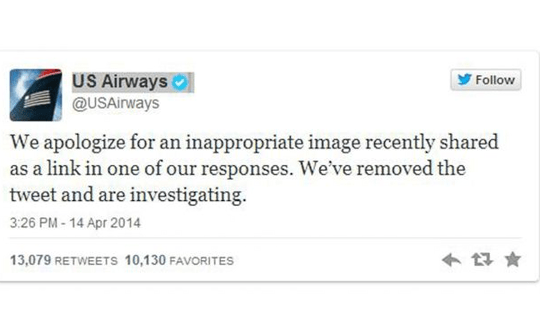Last month, Chicago Tribune workplace columnist, Rex Huppke, wrote a cautionary tale about brands that rely on “digital natives” to handle important web and social duties.
As he noted, “Talent isn’t age-based, regardless of the field. People born before the advent of all things digital can be just as adept as anyone at programming or social media or Web design. And they even bring an additional attribute or two to the table.” And those extra benefits can play a major part in a station’s social success – or failure.
In the past, we have recommended that companies look deeper into their staff rosters or intern candidates to seek out people who have digital skills that are highly intuitive. Young people, for whom digital comes natural, cannot remember a time when there was no Internet. Logic suggests they are going to be more knowledgeable about how to communicate on platforms like Twitter and Snapchat, text clubs, and on websites.
But if youth is the primary way you’re vetting and evaluating digital and social talent, you may be setting up your brand for embarrassment – or worse. Because a faux pas in the social space can create an epic disaster for any prominent brand.
Oftentimes, this is because while skills like posting and tweeting may be native, not knowing a station’s essence – its format, its audience, and their standards – can lead to major fails that have the potential to indelibly damage a brand.
It can be something basic – like not knowing that Dave Grohl was in a band before the Foo Fighters.
Or something a lot more serious.
There’s no shortage of these in the corporate world. And they often stem from the immaturity of social media admins who don’t have the depth or maturity to navigate the social space on behalf of a brand. Even if they’re a digital native is no guarantee of a social media success.
You may remember the U.S. Airways incident where a simple customer complaint about a delay (which must happen multiple times a day) mushroomed into a well-publicized mess because of a totally inapprorpriate response from whoever was handling the airline’s social media accounts. An attached pornographic photo was just the catalyst to take this mess viral.
And of course, that led to this mea culpa tweet from the airline:
It takes more than native skills to be effective as a social customer service rep. In fact, you could make the case that the following should be requirements for anyone representing your brand socially, especially considering how some consumers are just waiting to pounce on a lame action by any company – or radio station:
- Brand knowledge – You have to know your product, whether it’s an airline or a Country station. Consumers communicating socially more than likely are dialed in about your music, the news, or sports. Using incorrect facts or simply posting or tweeting mistakes is unacceptable. But it starts with hiring social and digital managers who truly have a feel and an appreciation for the station and its mission.
- Customer service – They may be savvy in the social space, but having respect for the audience and wanting to serve goes to the heart of truly being respectful and impactful.
- Writing skills – It’s not enough to be born after 1990. Being effective socially and digitally requires the ability to articulate thoughts, along with a strong command of writing basics, and the skill to communicate clearly – and yes, cleverly – wherever there is communication and interaction with the audience. Knowing what to post and how to say it is much different than knowing how and when to post.
- Patience – It is very easy to overact to something posted or tweeted by an angry or snarky person on Facebook, Twitter, or other platforms. In fact, it could just as easily be a troll or even someone from the competition whose goal is to stir things up. Huppke talks about the value of pausing before posting anything. That means before hitting “send” on emails, too.
- Training – No one’s been more supportive of hiring Millennials than me. But they have to be trained and sensitized to the station’s culture. Just because they know more about Snapchat than you doesn’t make them audience-ready. They have to be introduced to a station’s social strategy and goals,
- Maturity – Finally, assuming that because they have a degree and social media skills does not make them an expert. Check them out on their own social pages to better understand their tendencies, tastes, and sensibilities. But even if they pass those tests, remember how you behaved at 23. Without over-generalizing, most of us earn maturity points over time. Entrusting your entire brand and thousands of social media users to someone who is at a very early point in their careers amounts to taking a risk.
You may not have a strong social tool kit yourself, but if you’re a manager, use your skills to train, teach, and orient incoming digital natives about your audience, your brand, and your company.
There’s more riding on this than most think.
- Can Radio Afford To Miss The Short Videos Boat? - April 22, 2025
- Media And Technology In 2025: Believe It Or Not! - April 18, 2025
- In Radio, You Just Never Know - April 17, 2025






Is age discrimination more prevalent today because of the strong workplace demand for younger digital natives, or is that just my perception, because in 3 years I graduate from the 25-54 demo?
Tommy, you will get no cap and gown when you turn 55. Yes, the assumption that younger people know better goes to the heart of this. They know how to post. Do they know what to post? Thanks for the comment.